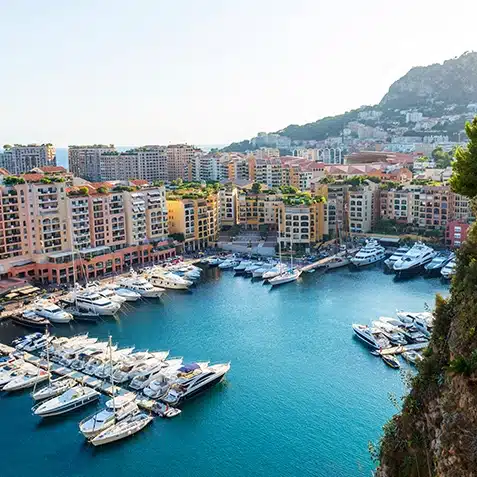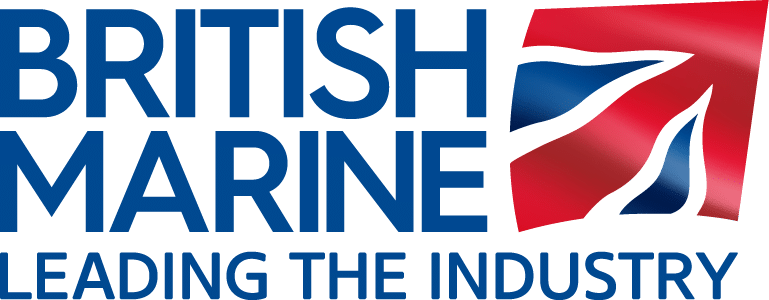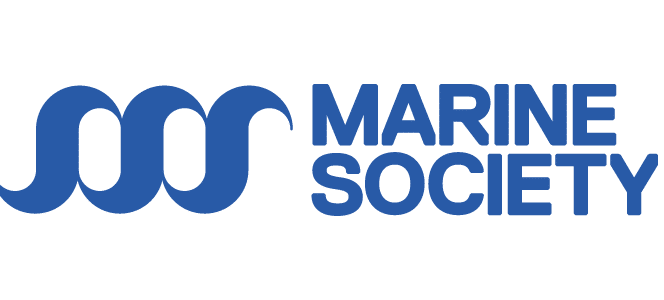Port State Control Course
Diploma in Port State Control
Port State Control
Maritime Training Academy’s Port State Control Diploma provides the technical understanding and regulatory insight needed to navigate inspections, detentions and statutory compliance within the global shipping industry.
This internationally recognised training is designed for deck officers, port inspectors, surveyors and compliance managers responsible for ensuring that vessels meet safety, security and environmental standards under international maritime law.

Professional Port State Control Qualification
Gain the expertise to handle inspections, reduce detainment risk and ensure compliance with SOLAS, MARPOL, ISM and other international maritime frameworks.
Contact us below to enrol today, or speak with our experienced course advisors.

Duration:
12 - 18 months
Learn at your own pace
Online Course:
Study from anywhere

Cost:
Diploma: £3,195
Certificate: £2,295

Recognised by: 
Port State Control Diploma vs Certification
Choose the right path for your career:
Comprehensive Training: In ship inspection procedures, documentation control, detention risk management and compliance with IMO conventions including SOLAS, MARPOL and ISM Code.
Flexible Study Duration: 12 – 18 month depending when you enrol to the program, study online at your own pace, from anywhere in the world.
Marine Industry Career Opportunities: 100% Online, with access to our student learning portal
Long-Term Career Impact: Port State Control Officer, Marine Surveyor, Compliance Manager, Ship Inspection Specialist.
Global Recognition: Our Diplomas are recognised by the University of Portsmouth and are supported by industry associations.
Assignments: One assignment is required to be completed and submitted at the end of each module, based on that particular subject.
Certification: you will receive a PDF Digital certificate (Printed Certificate Completion Pack available).
Final Examination: There will be a final examination upon completing and submitting all student assignments (exams are sat in April or October).
Post-Nominal letters: On passing the Diploma you can also use these letters after your name: MTA Dip PSC
Digital Course Badge: Upon successful completion students will receive an exclusive course badge for use on business cards, LinkedIn profiles and website(s)!
Diploma - £3,195
A globally recognised qualification for careers in port inspection, ship compliance auditing and maritime surveying under international regulatory regimes.
✔
✔
✔
✔
✔
✔
✔
✔
✔
✔
Certificate - £2,295
Specialist PSC Training without formal assessments, for those who do not require a recognised diploma.
✔
✔
✔
✔
✔
✔
Port State Control Curriculum: 10 Modules
Understand how port inspections are conducted and how to prepare vessels for regulatory compliance. Training includes statutory certification, inspection criteria, detention prevention and how to interpret and apply IMO regulations.
Build the practical and regulatory skills required to oversee ship readiness and respond effectively to PSC inspections in any international port.
1. Introduction To Port State Control
- History of Port State Control
- Failure of historical enforcement of safety standards
- Major accidents influencing the development of safety legislation
- Convention on Port State Control
- Development of the Memorandum of Understanding (MoU) regions
- White, Grey and Blacklists
2. The Maritime Labour Convention (MLC)
- Overview
- Regulations
- Does the MLC code apply to yachts?
- Conclusion and possible way forward
3. Standards of Training, Certification and Watchkeeping (STCW)
- Inspection of records and certificates
- Basic qualifications
- Competency qualifications
- Medical records
- False certification
- Equivalent certification
- IMO information note on fraudulent certificates
4. Legal Aspects
- Introduction to the legal system and international law
- Maritime Law
- Admiralty law and jurisdiction
- International Marine Law
- The Flag State
- Governmental control of shipping
- Port State Control
5. International Ship and Port Facility Security (ISPS) Code
- Introduction
- What is the ISPS code?
- Who does the code apply to?
- The aim of the ISPS code
- Ship Security Assessment (SSA) and Ship Security Plan (SSP)
- How to set up an ISPS system
- Procedures for ISPS port entry
- Company security officer (CSO)
- Ship Security officer (SSO)
- The on-scene ship security survey
- Non-compliant facilities
6. International Safety Management (ISM) Code
- Introduction
- What is the ISM code?
- Mini ISM (or ISM – LITE)
- Legal and insurance implications
- Practical aspects of a mini-ISM implementation
- Risk assessment
- Reporting and systematic failures
7. International Convention for the Prevention of Pollution from Ships (MARPOL)
- Introduction
- Oil
- Noxious liquid substances carried in bulk
- Harmful substances carried in packaged form
- Sewage
- Garbage
- Air pollution
- Summary of discharge standards
8. International Convention for the Safety of Life at Sea (SOLAS)
- Introduction
- Introduction to SOLAS CH II-1-FIRE
- Life-saving appliances and arrangements an introduction
- Precis of regulations for passenger and cargo ships
- Collective life-saving equipment
- PSC inspections
9. Classification
- Delegation by flag to Class
- Definitions and procedures related to statutory surveys and inspections
- Safety construction and condition of the ship
- Typical defects and problems
- Other Shipboard Technical Problems
10. The Role of the Port State Control Surveyor
- Levels of training
- Use of checklists
- Targeting by flag
- IMO performance targets
- PSC database and the sharing of information
- Notification to Flag and Class
- Influence on insurance
Hear from our Students
Meet the Course Director
Geoffrey Fawcett
BEng(Hons), CEng, CMarEng, CPEng (Aust), FIEAust, FIMarEST, M. Prof. Eng. Leadership, LLM, FRINA, MSNAME.
Geoffrey started out as an engineer cadet in 1970 on various commercial vessels before coming ashore in 1989 to work as a 3rd party pressure vessel inspector in South Africa for 3 years. He gained a Class 1 Motor Ship Certificate of Competency at Glasgow in 1980.
He joined a classification society in 1992 and worked as a surveyor up to principal surveyor for the next 20 years during which time gained a BEng (Hons) Naval Architecture and Ocean Engineering at Glasgow University in 2002 and an LLM by distance learning through London Metropolitan University in 2011.
Geoffrey was awarded a Master of Professional Engineering Leadership with high distinction by Griffith University, QLD in 2020.

Port State Control Course FAQs
Find out more about the course with our FAQs below.
How do I become a port state control officer?
Start by gaining a recognised qualification in port state control procedures and international maritime compliance such as this one. This MTA diploma prepares you for statutory inspection roles by covering IMO conventions, vessel documentation, and inspection protocols.
What qualification will I receive from this port inspection training?
You’ll earn a Diploma in Port State Control from the Maritime Training Academy, recognised globally by maritime authorities and compliance professionals.
Is this course suitable for marine surveyors and ship officers?
Yes. The diploma is ideal for surveyors, deck officers and compliance staff involved in ship inspections, documentation review or regulatory readiness.
How much does a port state control officer earn?
Salaries typically range from £35,000 to £70,000 depending on experience, location and whether you’re working for a port authority or private maritime consultancy.
Does the course cover SOLAS, MARPOL and other IMO regulations?
Absolutely. This training includes practical and regulatory guidance aligned with SOLAS, MARPOL, ISM Code and other international compliance standards.
Can I take this course without previous inspection experience?
Yes. While some familiarity with ship operations is helpful, this online diploma is suitable for professionals transitioning into compliance, auditing or inspection roles.
See our FAQ page for more questions answered about MTA courses.
Supported by:


Why Choose The Maritime Training Academy?

Flexible
Online learning allows you to study in your own time, at your own pace from anywhere in the world. This saves on travel and classroom costs and allows you to fit your studies around your job and progress your career.

Supportive
While the nature of distance learning is independent study, we recognise the importance of support. Students can contact us at any time during their course for assistance and our team of industry experts are always on hand for advice.

Expertise
We have over 50 industry experts writing, developing and advising on our course material. We truly believe that allowing students to tap into their expertise and knowledge is of the utmost importance to fulfil your dream career.
If you would prefer to complete this as a classroom-based course, please contact us.
